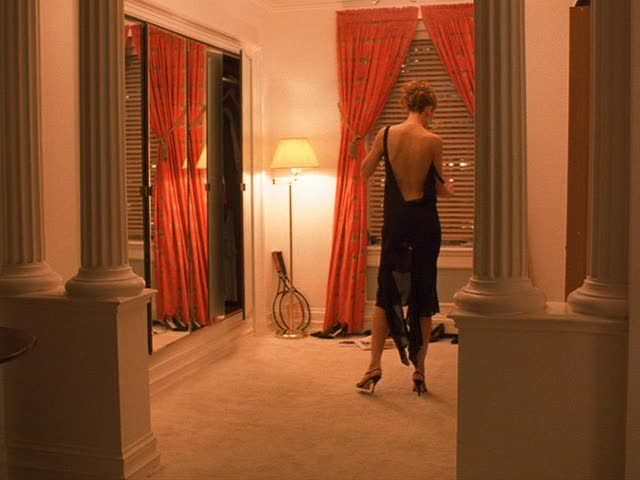
Stanley Kubrick's swan song, Eyes Wide Shut, is also his defining masterpiece, widely misunderstood upon release and only in retrospect re-evaluated as a sensitive and supple treatise on love, marriage, desire, jealousy, and fantasy. Kubrick cast (then) real-life couple Tom Cruise and Nicole Kidman as Bill and Alice, a doctor and his wife who undergo a marital crisis when Alice admits, while stoned, that she once entertained a vivid, powerful fantasy about a sailor. She never followed through on it and indeed never even met the man, but says that for a day at least the fantasy was so potent that she was ready to throw away her marriage for its sake. This revelation shocks and destabilizes the cocky, self-assured Bill, as much for what it reveals about the sexual nature of women in general as for the troubling implications for his own marriage. He is thrown off to discover that women, including his wife, have desires and fantasies, that women are sexual creatures as much as men are.
This seemingly prosaic realization sends Bill careening through the nighttime streets of Manhattan, on a sexual odyssey that's as fantastic and dream-like as his wife's imagined affair, which Bill replays in his mind in blue-tinted porn loops. At every turn, Bill encounters markers of sexuality: the daughter of a dead patient who comes on to him at the wake; a gang of drunk frat boys who shout homophobic slurs in the streets; a prostitute who he abandons before consummating a transaction; the Lolita-esque daughter of a costume shop owner who offers herself to all comers with an unreadable smile on her face. Bill is adrift, and his sexually charged journey culminates at a mansion outside town. There, he cons his way into a bizarre costumed orgy where masked, caped men couple with prostitutes amidst baroque ceremony. This is a turning point for Bill, after which he traces back the route of his sexual journey in reverse, with the tantalizing signs turned ugly and threatening — AIDS, forced prostitution, murder — warnings that the dangers of sex can be equal to its pleasures. Kubrick relates this tale with a warm, sensuous visual style that softens its hard edges and noirish touches. He emphasizes the fluorescent colors in his sets; it is the Christmas season and hardly a room in the film is not decorated with a brightly lit tree or festooned with multi-colored bulbs. The film is also, despite its reputation for the famously censored central orgy sequence, a lovingly rendered ode to marriage and reconciliation, which suggests that whatever wounds may be opened by fantasies and waking dreams, they might be healed with the sensual pleasures of love. Alice, who is the focal point of sympathy in the film even when she's offscreen for long stretches of time, gets the film's final word, providing the succinct, alluringly vulgar answer to the film's unspoken question.
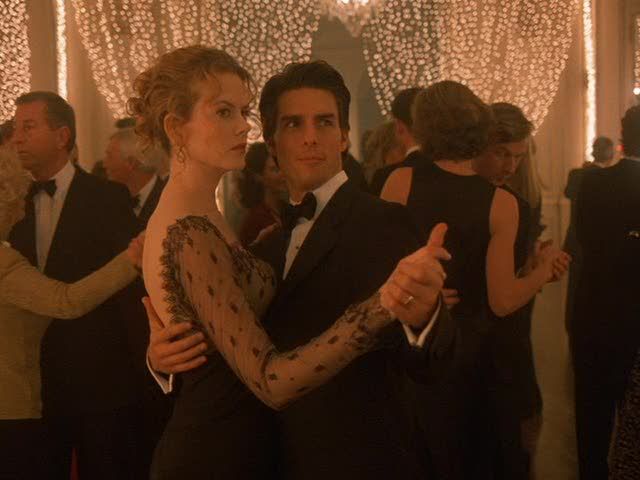
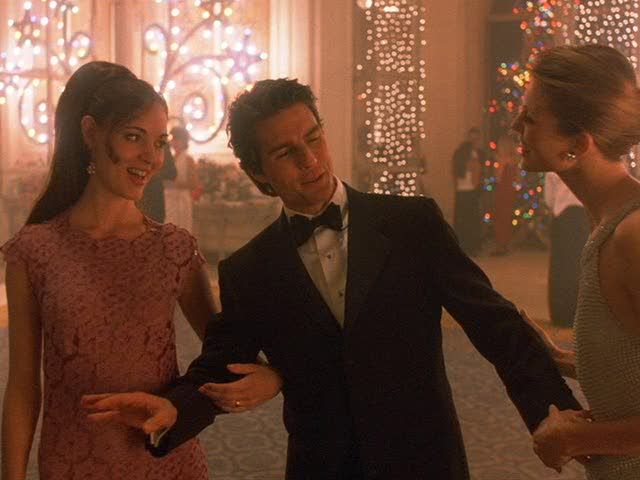
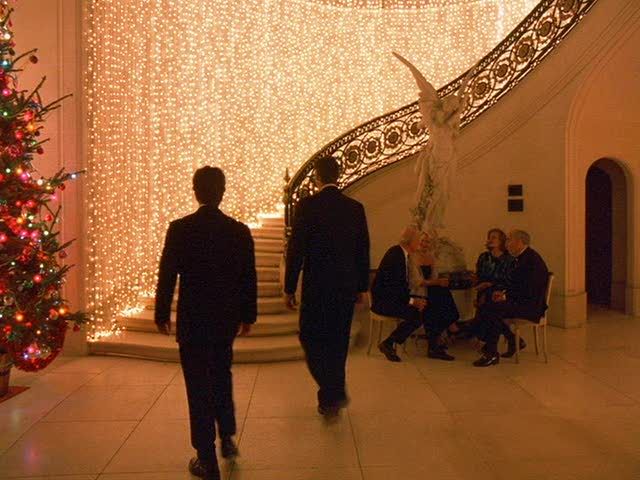
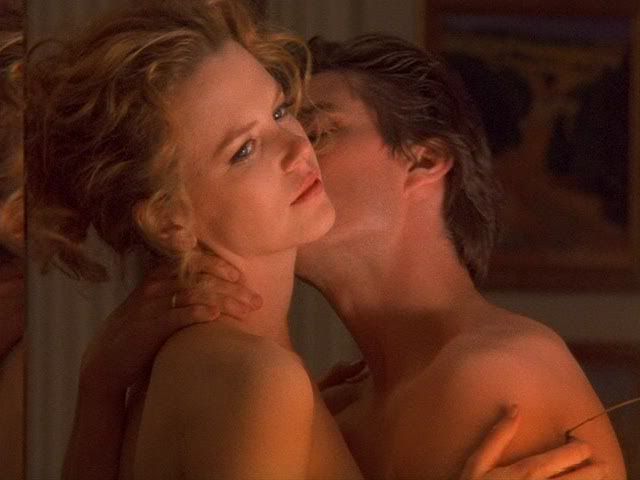
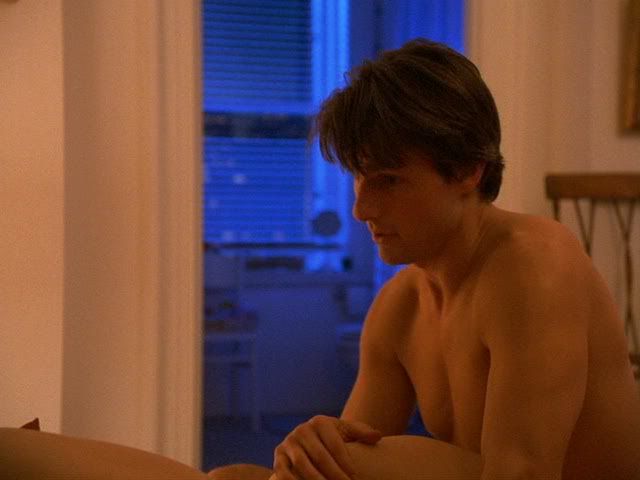
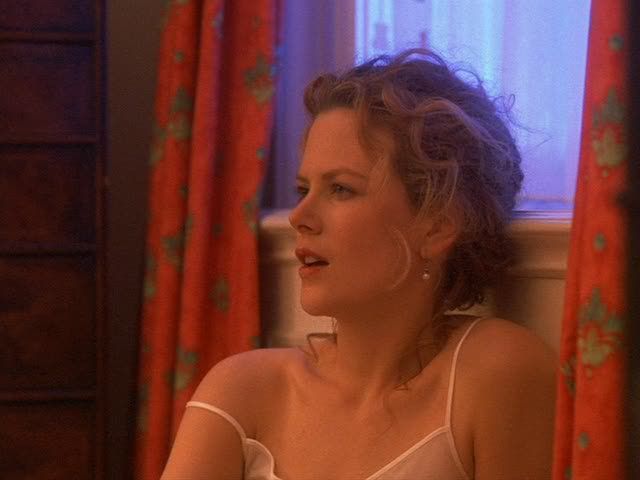
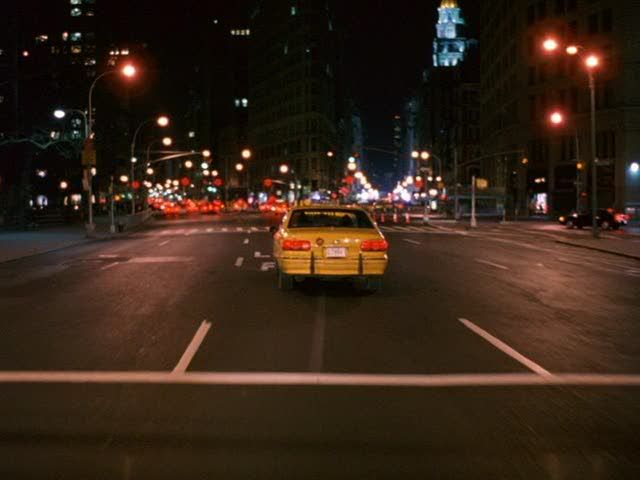


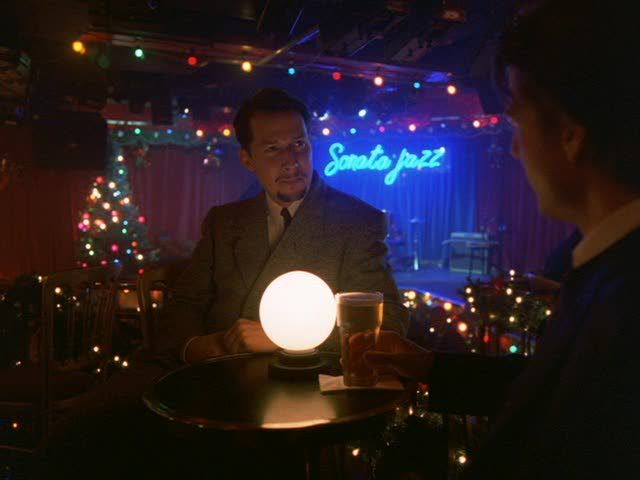
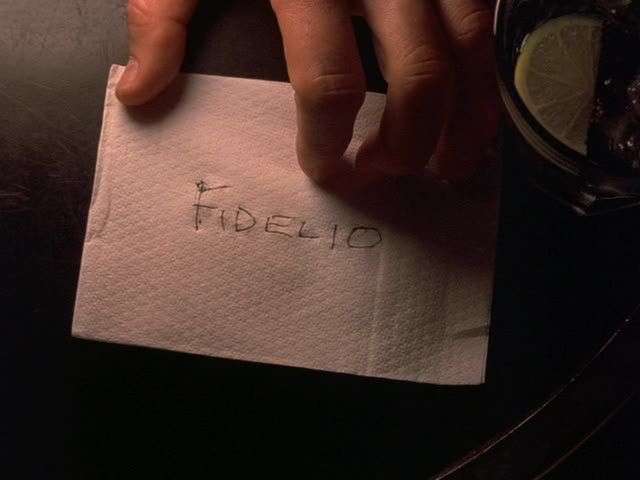
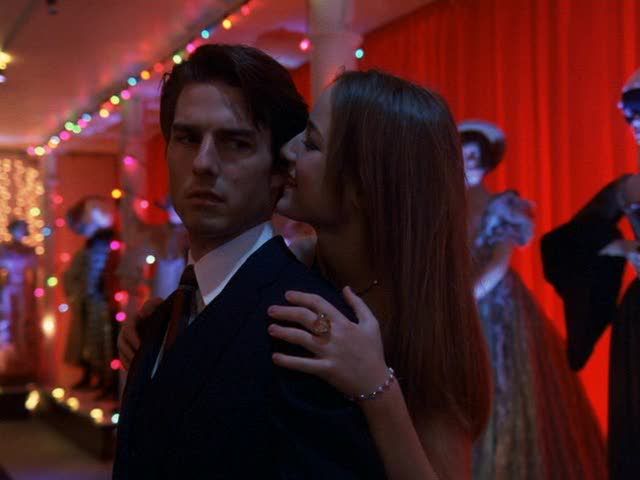

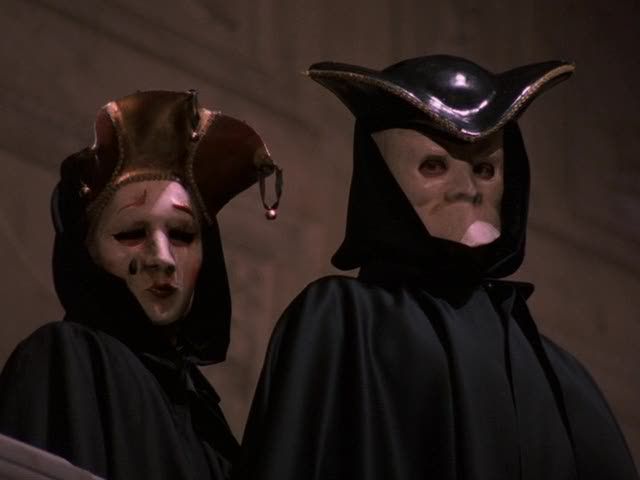
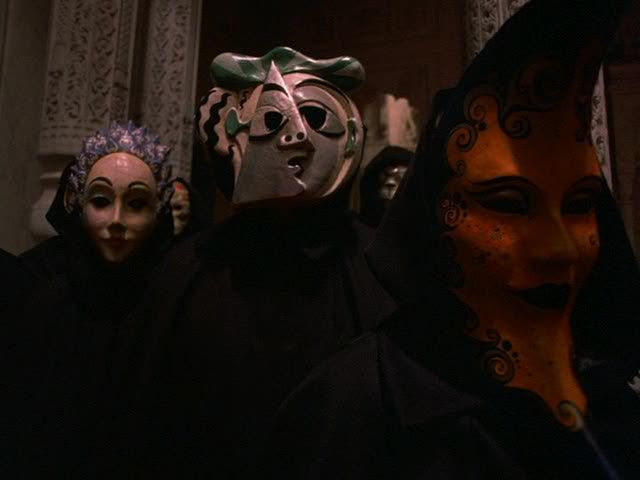
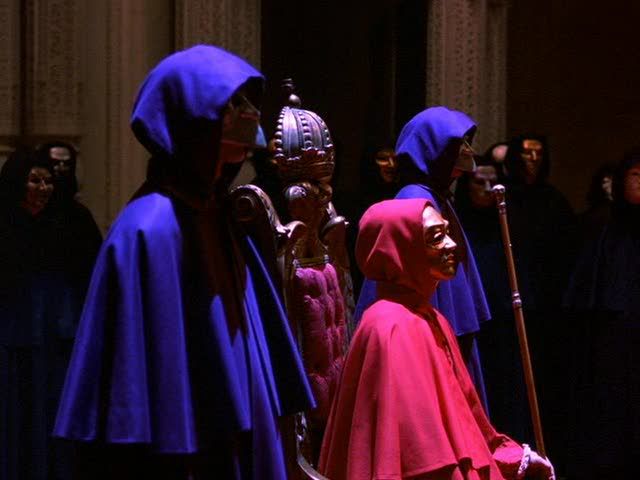
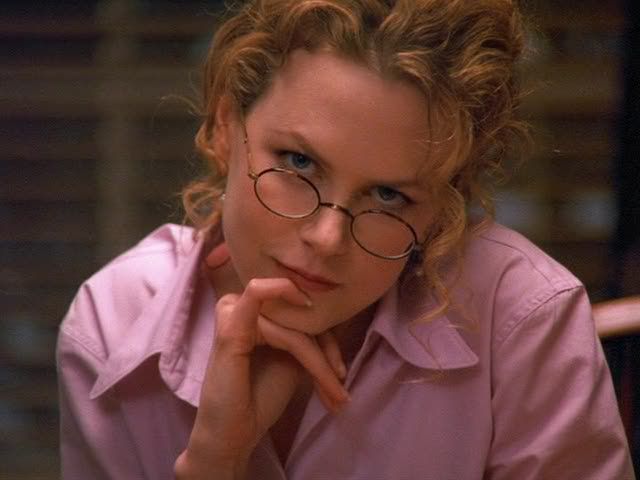

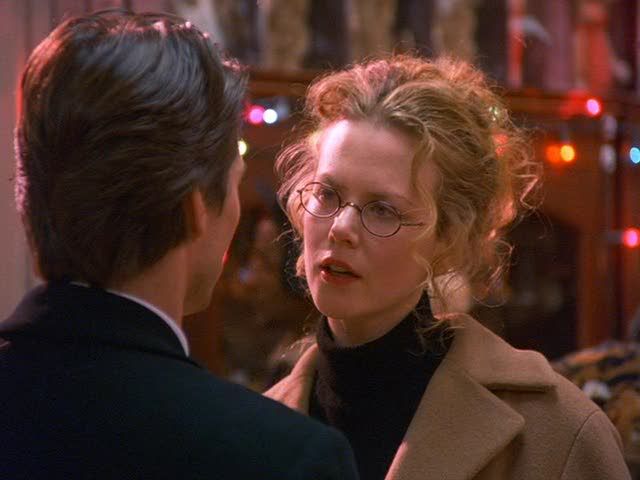









0Awesome Comments!